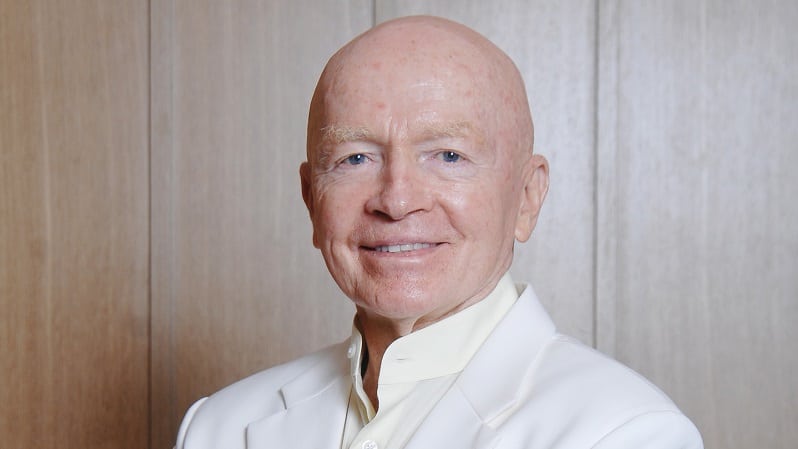Less than two weeks in and September already feels like the season of investment trusts.
The industry has seen three high profile fundraises within the last week alone, starting with Terry Smith’s boutique Fundsmith announcing its intention to launch a global small and mid-cap trust. Heavyweight players Richard Buxton, who recently spun-out the Old Mutual Global Investors single strategy funds business, and emerging markets veteran Mark Mobius have also confirmed trust launches.
And Annabel Brodie-Smith communications director at the Association of Investment Companies (AIC) says “there are rumours bubbling of more launches coming”.
Structural benefits
Brodie-Smith suspects more managers are branching out into the world of investment trusts because of the structural benefits a closed-ended vehicle offers.
The latest three launches from Fundsmith, Merian and Mobius’s independent venture are all dabbling in less liquid areas of the market – smaller companies, private firms and emerging markets respectively.
The AVI Japan Opportunities Trust, another fundraise that Brodie-Smith says has been attracting attention, is also targeting smaller companies.
“It clearly makes much more sense to invest in less liquid companies in a closed ended structure,” says Brodie-Smith. “That’s one of our major benefits.”
Pascal Dowling, director at Kepler Partners, suspects another draw for these star fund managers is that the trust’s premium/discount mechanism takes care of short-term movements in supply and demand.
“I’m sure they personally prefer this structure because it allows them to concentrate on the job at hand without having to worry about shareholder redemptions.”
Cult of personality
Beyond the attractive structural benefits of the listed trust, Dowling says the spate of high-profile trust launches reinforces the power of the “cult of personality”.
From an asset manager’s point of view, having a “face of the trust” is a hugely beneficial marketing tool, particularly when trying to appeal to private investors, he says.
Charles Cade, head of investment company research at Numis Securities, agrees that when trying to get investors on board and raise enough capital “a big name always helps”.
Dowling says harnessing this kind of star power has become increasingly important as trusts are attracting a higher level of private investor money in the era of platform investing.
Platforms have given investment companies greater visibility among retail investors and have made them easier to buy, he says.
“You are looking at trusts which hardly had any private investors on their books and now more than half of the shares are initially run by private investors”.
Meanwhile DFMs and institutional investors, the main buyers of trusts historically, have been increasingly forced to buy off restricted buy-lists which tend to be investment trust-lite.
Getting off the ground
Some industry figures have questioned whether a big name will be a big enough draw to raise the funds to get these trusts off the ground.
Ben Yearsley, director of Shore Financial Planning, questions whether there is enough of an incentive to back these trusts at launch knowing they could slip into a discount post-IPO. He thinks Mobius’s trust, which is targeting companies in emerging and frontier markets with an ESG bent, is particularly susceptible to this.
“In one sense it’s not a good time to raise money in emerging markets but it’s probably a good time to invest money in emerging markets because it has had such a poor year.”
Darius McDermott, managing director of Chelsea Financial Services, agrees there could be challenges for Mobius’s vehicle because of the poor performance of the asset class and his team’s value-oriented style “which is even less in favour than emerging markets”.
But Dowling says the type of investors who are likely to back Mobius are not opportunistic.
“Mobius has a huge following. There will be people waiting with money they have got elsewhere for him to pop up again. The people who follow him are not opportunistic investors. They are people who know there’s not really a bad time to invest except in hindsight.
“I can’t see why they would have any more difficulty raising money than anybody else given the retail knowledge of the managers,” he says of the trio of trusts. “I think they’ve got as good a chance as anybody of hitting at least the bottom end of their minimum target.”
McDermott expects the Smithson Investment Trust and Merian Chrysalis Investment Company will meet their fundraising targets or come close to them. “I can’t be as confident on the emerging markets vehicle,” he says.











